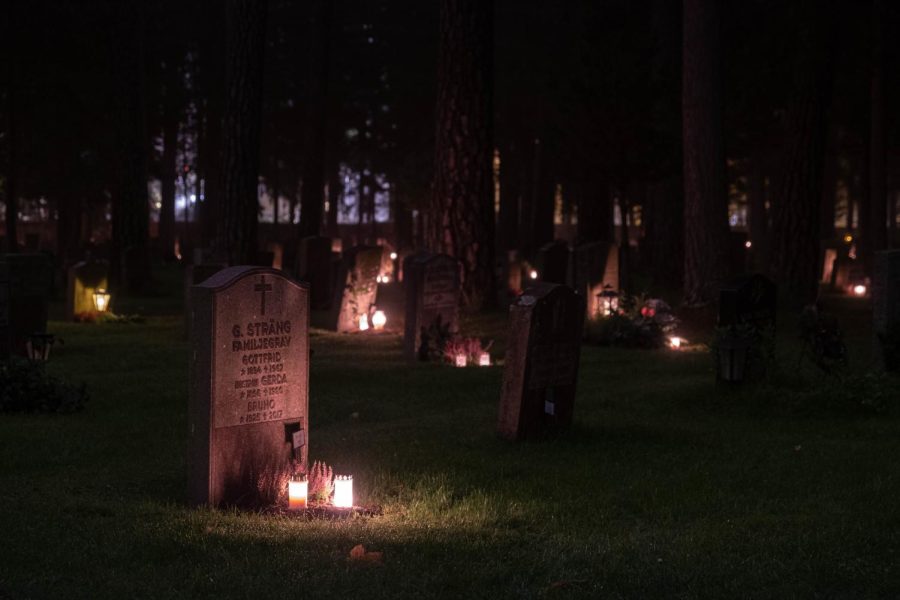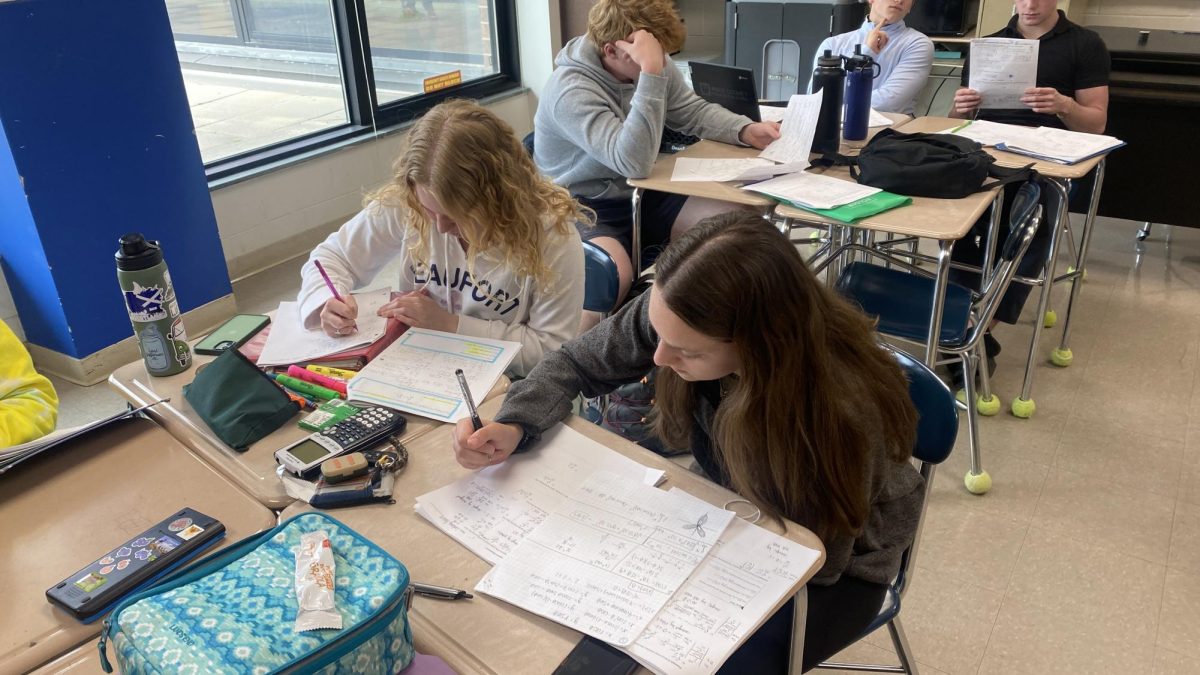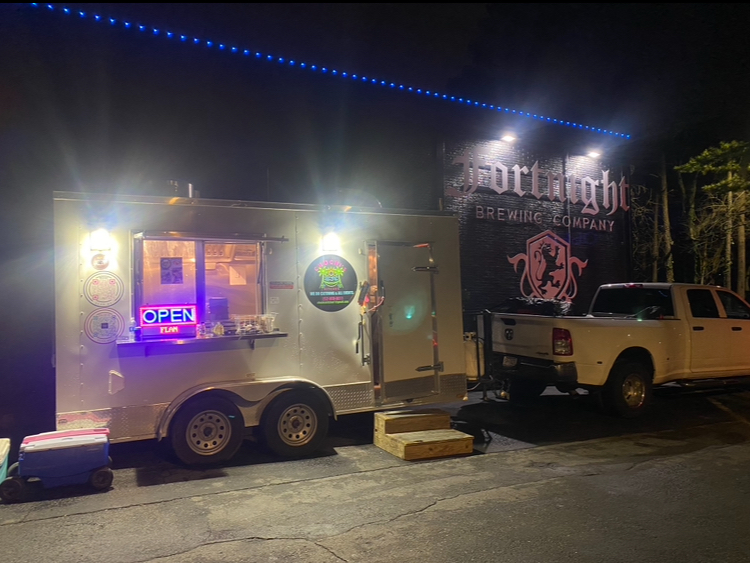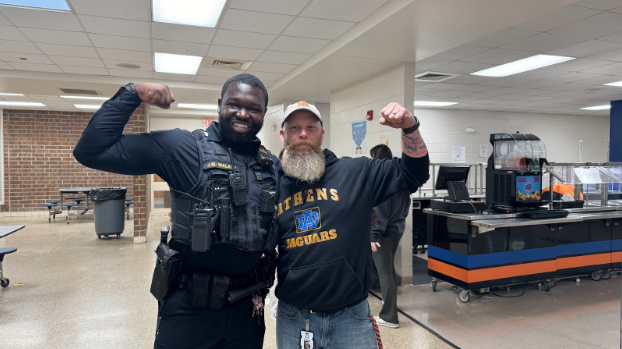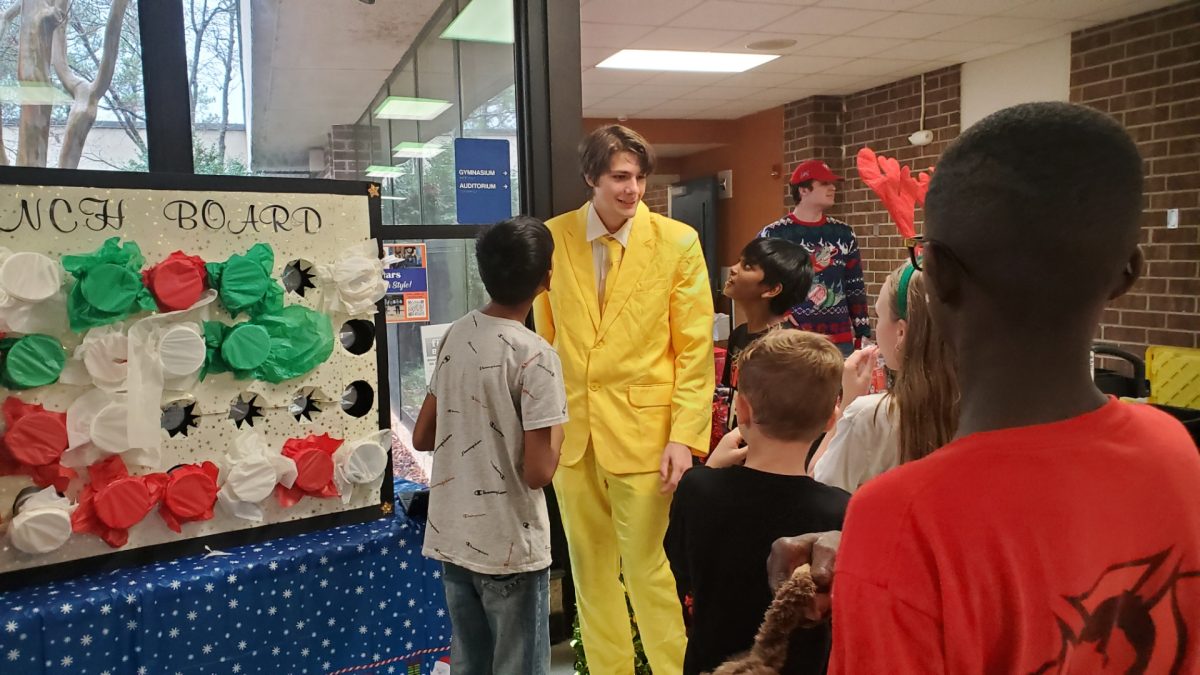Halloween is a world-renowned holiday that dedicates Oct. 31 to a night of inconsequential costumes, candy, and fun. But, in the past, the holiday held greater meaning.
Dating back to 2000 years ago, Halloween was celebrated as an ancient Celtic tradition. Ancient Celtic religions helped develop modern Christian ideals, so the religion is tied to the traditions of Halloween. The holiday was initially named All Hallows Eve, which is rooted in the word holy. The Celtic community believed that on the night of Oct. 31, the veil between the living and the dead was the thinnest. Spirits of the living and the dead could walk around and interact with each other, both good and bad.
3-day celebration
Not everyone is aware that the holiday derives from a three-day holy celebration. Oct 31 is Halloween, November 1st is All Saints Day, and November 2nd is All Souls Day. Halloween obtained the position of protecting God’s world from the evil spirits that could arise, hence the use of costumes, fires, sacrifices, and prayer would occur. The next day, All Saints Day, focused on the celebration of those who went to heaven, or the Saints
Masks and costumes
With the fear of interacting with the souls of people they had wronged in the past, the Celtics began darkening their faces with ash (a practice known as “guising”) to conceal their identity. The idea of “disguising” themselves with ash developed over time into the use of masks still used today. After scaring off evil souls, the masks would be removed allowing the saints to see their true identities. Costumes began as a tribute to the saints, dressing up to pay respects. Eventually, costumes began evolving when Scottish and Irish children began dressing up in frightening costumes as a way to spook their peers. Just like that, costumes went from a respectful tradition to fun and scary modern traditions.
Bone-fires
To appease ancestors and ward off spirits, the Celtics started fires, sacrificing their crops and wild stock– burning their bones and wearing their skin as costumes. They called them “bone fires.” The ritual has been mended throughout many years to better fit our conventional holiday festivities. Now on Halloween, people wear less-alive costumes, burn s’mores rather than bones, and call it a “bonfire.”
Though the true meaning of Halloween has been lost over the span of many, many years, there are many Halloween traditions taken part in today that aren’t so far detached from their origins.

